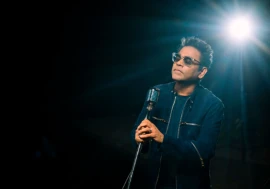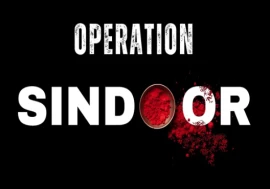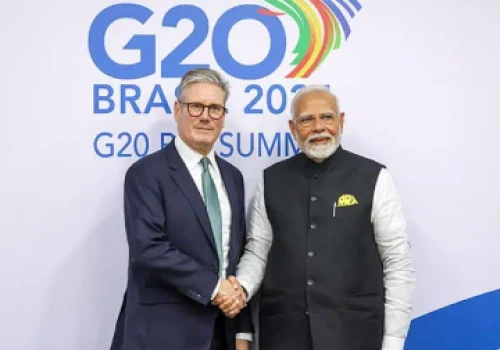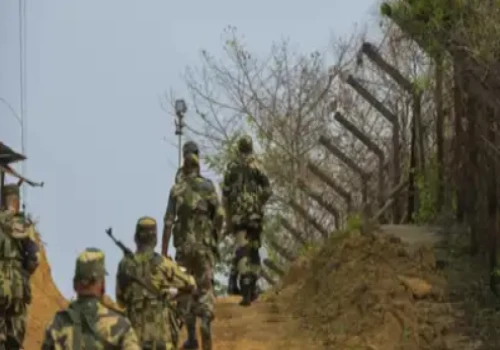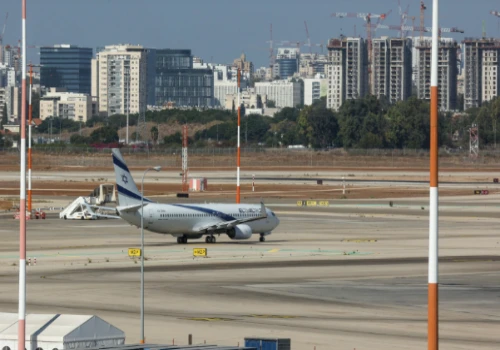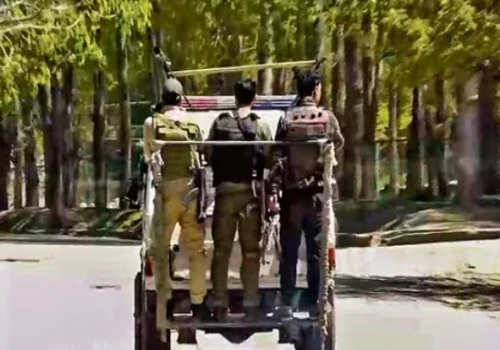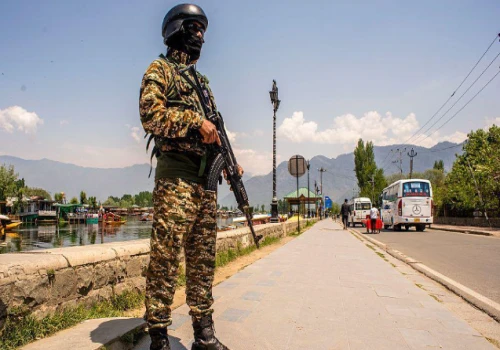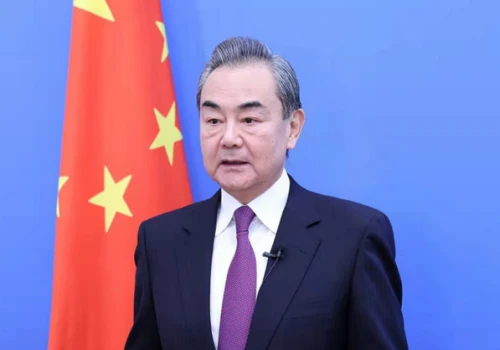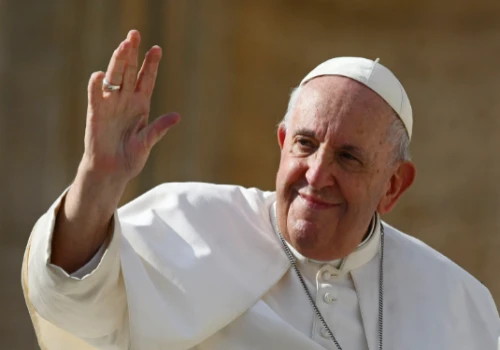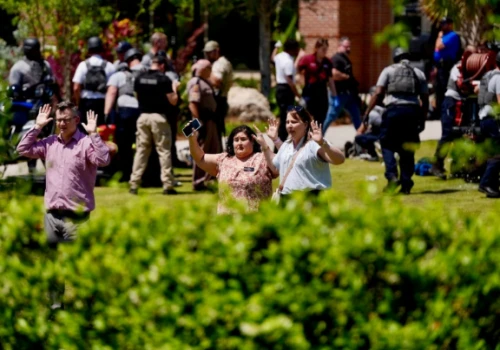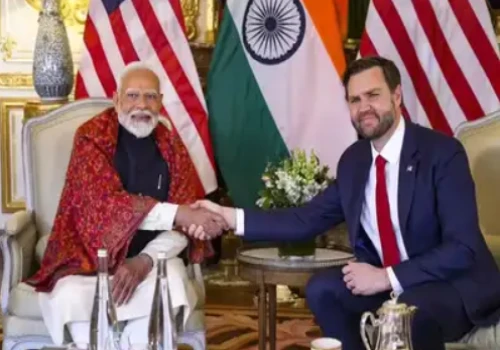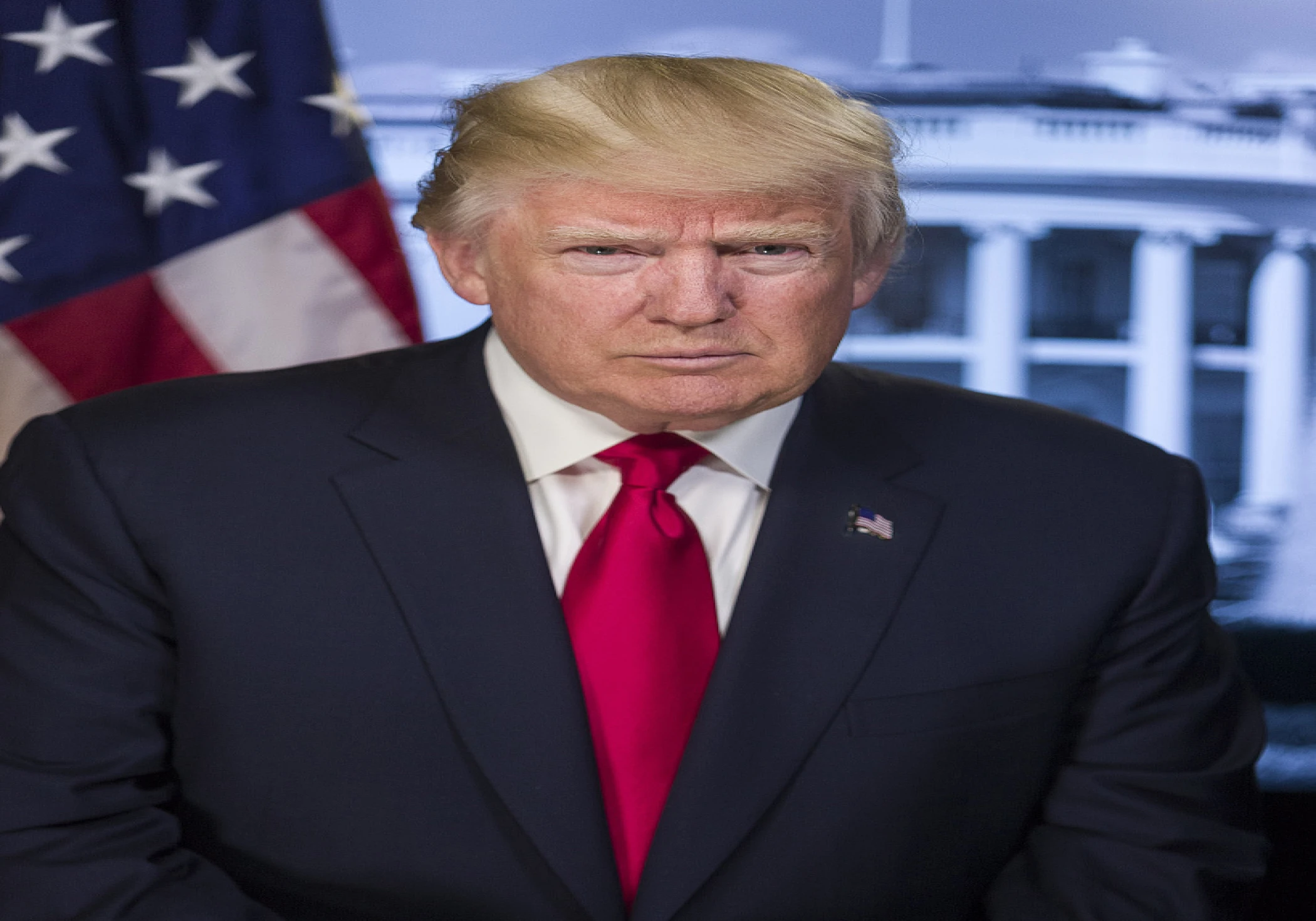
According to President Donald Trump, a newborn born in the US will not be an American citizen unless at least one of their parents is an American citizen or a green card holder. This is a right that all Americans have had for a significant portion of the nation's history.
For hundreds of thousands of Indians on temporary work visas (H-1B and L1), dependent visas (H4), study visas (F1), academic visitor visas (J1), or short-term business or tourist visas (B1 or B2), Trump's decision will have a profound impact on their lives. All children born in the United States after February 20—30 days after the order was issued—will be subject to the ruling.
Including both Indian-Americans and Indians who still hold Indian citizenship, there are more than five million persons of Indian descent in the United States.
The order has already been contested in Massachusetts and New Hampshire courts, and if the courts stay it within the next month, it will not take effect.
"This is a direct attack on immigrant families," said Rachel Hernandez, director of the National Immigration Rights Coalition. "H-1B workers are vital contributors to our economy, and denying their children citizenship is both cruel and unnecessary."
In one of his most extreme executive orders, "Protecting the Meaning and Value of American Citizenship," which was issued on the first day of his second administration, Trump claimed that the Constitution was never construed to grant citizenship to everyone born in the United States.
The executive order is expected to face immediate legal challenges, with opponents arguing that it contradicts established interpretations of the Constitution. Constitutional scholars suggest that such a drastic policy change may require a constitutional amendment rather than an executive order.
The policy is part of a broader set of immigration reforms proposed by Trump, aimed at reshaping the nation’s immigration system. However, its implementation will depend on legal rulings and public opinion in the coming months.
